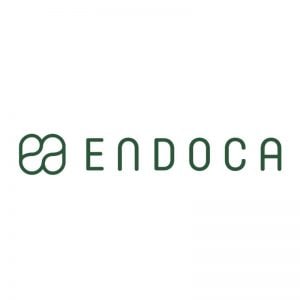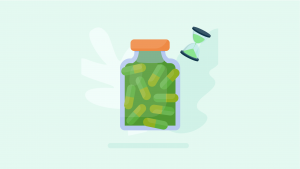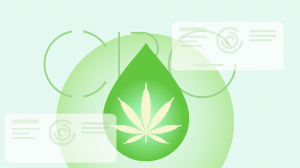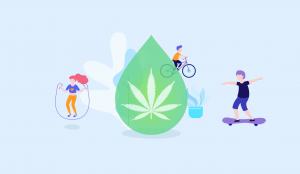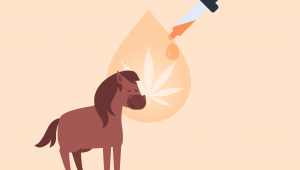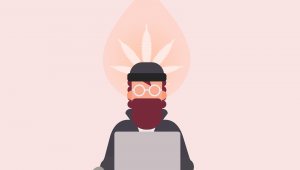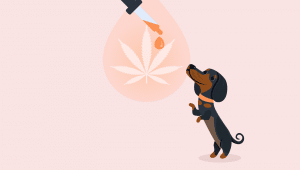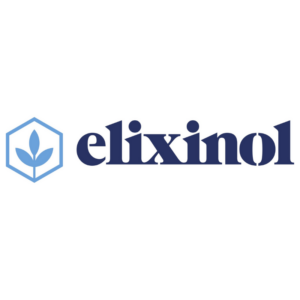
Up until 2015, Brazil prohibited cannabis and its derivatives regardless of the THC content. Today, hemp-derived CBD is regulated under the Brazilian government and is permitted for medicinal use only.
Accessing CBD in Brazil can be challenging, and you should know the laws if you want to protect yourself from legal troubles.
Luckily, we’ve put together this article to break down all you need to know about cannabis laws in Brazil, and how you can purchase CBD.
Summary: Buying CBD in Brazil
- CBD in Brazil is permitted only for medical use with authorization from the National Sanitary Surveillance Agency (Anvisa).
- There is only one company in Brazil — CBD Vida — selling CBD-based drugs through prescription and medical report.
- Imported cannabis products must not exceed 30 mg of THC per mL and 30 mg of CBD per mL.
Best CBD Oil in Brazil:
| Number | Product | Total CBD | Potency | Cost per mg CBD | Link |
|---|---|---|---|---|---|
|
1 |

Elixinol Extrato Rico Em CBD Canabidiol (Brazil Exclusive) |
5000 mg |
41 mg/mL |
$0.12 |
|
|
2 |

Endoca CBD Oils |
300 – 1500 mg |
30 – 150 mg/mL |
€0.08 – €0.09 |
|
|
3 |

Kat’s Naturals Relax THC-Free Sublingual CBD Oil |
50 – 300 mg |
10 mg/mL |
$0.20 – $0.40 |
|
|
4 |

Hemp Bombs CBD Oil |
300 – 4000 mg |
10 – 133.3 mg/mL |
$0.07 – $0.17 |
|
|
5 |

Nature’s Script CBD Oils |
300 – 4000 mg |
10 – 133 mg/mL |
$0.07 – $0.17 |
|
|
6 |

Charlotte’s Web CBD Oils |
210 – 6000 mg |
7 – 60 mg/mL |
$0.05 – $0.19 |
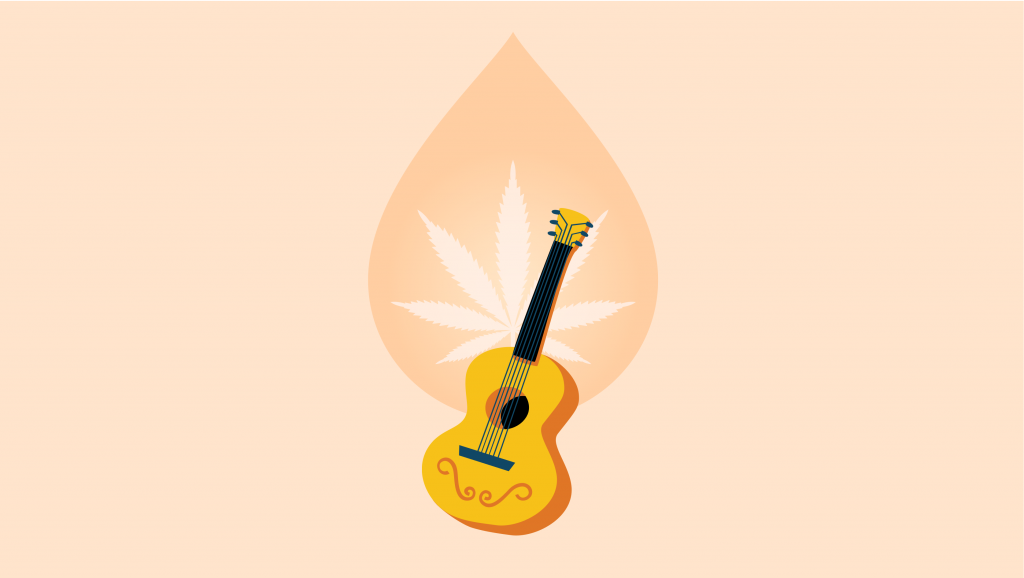
How to Buy CBD Products in Brazil (Legally)
As of August 2019, you can order CBD in Brazil. CBD Vida is a startup based in São Paulo. The company sells CBD-based supplements through prescription and medical report.
Currently, it’s the only company that supplies CBD products directly within Brazil.
The way CBD is currently regulated in Brazil, your best option is to buy your CBD online and have it shipped to your address. You’ll need a medical card to be able to do this (information on how to apply listed below).
After you receive approval from Anvisa that you can import medical CBD, search for companies that ship CBD to Brazil. If you find a company you want to order from that doesn’t ship to Brazil, you can use a mail forwarding service like Shipito to get it to your door.
Mail forwarding companies will give you an American address to use during checkout. The CBD company will ship to Shipito’s warehouse, where staff will put new stamps on the package and forward it to your final address.
Don’t forget: your CBD product must not contain more than 30 mg of THC per milliliter and 30 mg of CBD per milliliter.
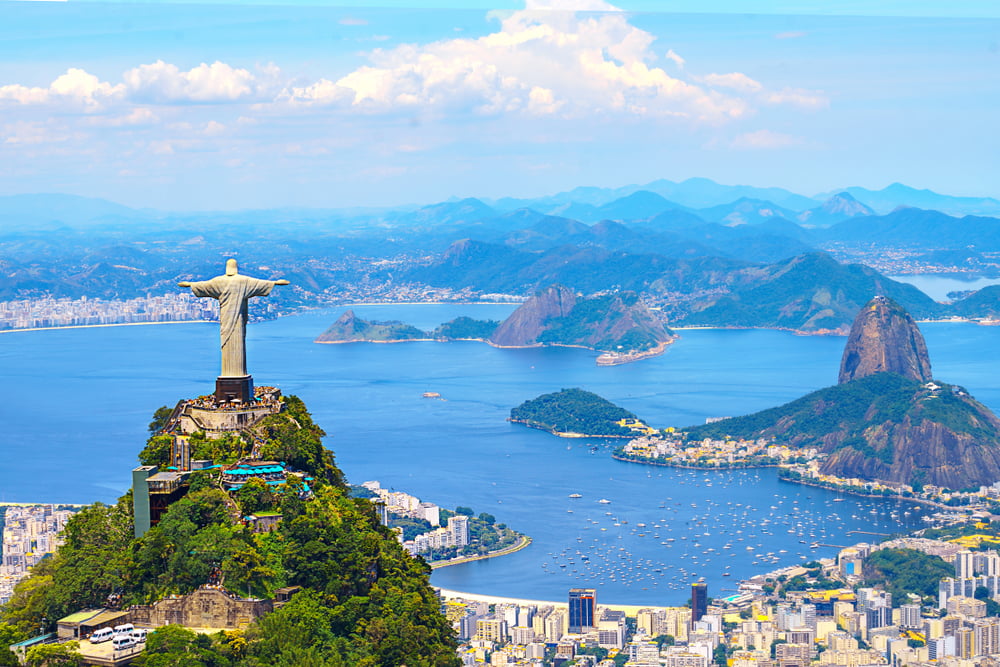
Demystifying Brazilian CBD Laws
Brazil prohibits industrial hemp and its derivatives. However, CBD received its legal stamp in 2015, after the National Sanitary Surveillance Agency (Anvisa) authorized the compound for therapeutic use.
There are no current Brazilian companies growing hemp, but Anvisa allows the import of CBD exclusively for medical purposes.
Let’s take a look at the hemp laws, so you don’t step on the red line when buying CBD in Brazil.
Brazilian law prohibits cannabis cultivation, processing, and sales. This restriction applies to both marijuana and industrial hemp. In the eyes of the law, there is no distinction between hemp and marijuana. As a result, there is no specific legislation on industrial hemp.
Under the law 344/98 by Anvisa, cannabis is on the list of prohibited plants that can produce psychoactive substances.
The Law 11.343/06 — known as the Anti-Drug Law — prohibits the cultivation, harvesting, and exploitation of plants from which drugs may be produced, except in the case of legal regulation [1].
The lack of precise regulation leaves hemp on the list of banned plants.

Penalties on the Possession and Consumption of Drugs and Banned Plants
In Brazil, there is no prison sentence for possession or consumption of small amounts of drugs for personal use. However, Brazil has no defined criteria regarding “small amounts of drugs.”
Anyone who buys and carries drugs for personal use without authorization is subject to the following penalties:
- A warning
- Community service
- Mandatory educational programs [2].
There‘s also no prison sentence for individuals who, for personal consumption, grow or harvest plants for the preparation of small quantities of a substance. Again, there is no official guide to “small quantities.” It’s up to the judge to decide whether the amount of the banned substance was intended for personal use or drug trafficking.
If you sow, cultivate, or harvest — without authorization — plants that constitute the raw material for drug preparation, with the intention to sell and trade, you may receive a prison sentence of five to fifteen years.
How to Obtain a Medical License for Cannabis in Brazil
The medical licenses to obtain CBD for treatment are granted on a case-by-case basis.
Let’s take a more detailed look at how you can obtain a medical license for CBD.
CBD Importation Process
If you plan to purchase medical CBD in Brazil, you should know that the process will take some time, and you MUST acquire all necessary documentation.
Without the complete and correct documentation, your chances to be approved for medical CBD are slim.
1. Medical Consultation and Prescription
If you have a medical condition you’d like to purchase CBD for, you need to consult a doctor for a prescription.
The prescription must contain:
- Your name
- The product name
- Dosage
- Quantity required and treatment time
- Date, signature, stamp, and registration number of the doctor’s council class
2. Patient Registration with Anvisa
One of the essential steps to obtain permission for CBD is to register as a patient with Anvisa.
For this, you must send the following documentation to the Agency:
- Application form
- Medical prescription
- Medical report
- Statement of responsibility.
You can find the electronic application under the “What application form should I fill out” item.
If the electronic application isn’t available (which happens from time to time), you can email the form to [email protected] with the rest of the required documents.
3. Analysis of the Application by Anvisa
After you complete the application process, the Agency reviews your request for CBD authorization.
4. Authorization for Importation by Anvisa
After Anvisa reviews your request, they will notify you if you can import medical CBD.
The authorization is granted via email with an electronic signature and a verifier code.
After you receive the authorization, you can purchase your CBD by express shipping, through Siscomex or luggage accompanied.
Anvisa will inspect your product at the airport.
NOTE: You should carry the authorization with you, regardless of where you’re located — within or outside Brazil.
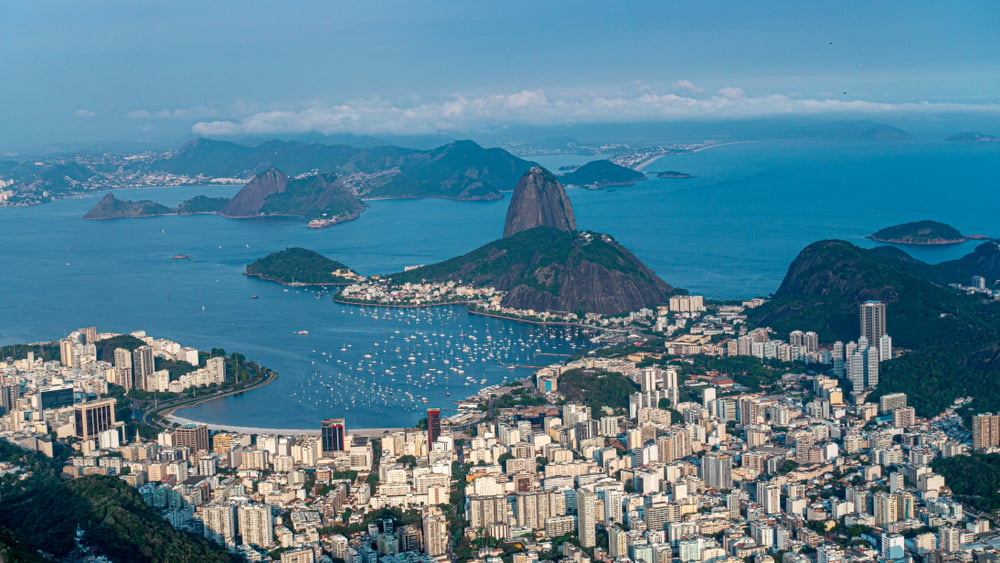
A Brief History of Cannabis Laws in Brazil
Portuguese colonists brought cannabis to Brazil in the early 19th century for its fiber. Hemp fiber was used for packaging coffee — its most exported product today.
The term “cannabis” includes both industrial hemp and marijuana. African slaves, who were brought over by the Portuguese to Brazil, knew marijuana for its recreational use and psychoactive effects.
Following the increase in marijuana use by slaves, the Rio de Janeiro City Council banned the import of cannabis — including low-THC industrial hemp — in 1830.
Between 1840 and 1889, the Brazilian Empire went through political and economic restructuring. Emperor Dom Pedro II considered industrial hemp a viable crop, so he re-introduced its cultivation in Brazil hoping it would endorse the economic development.
However, hemp was (once again) banned due to its association with recreational marijuana use in 1932. Since then, the laws on cannabis in Brazil — including hemp — only became stricter.
Today, the Brazilian law doesn’t differentiate between industrial hemp and marijuana, and its cultivation is prohibited.
CBD Brands That Ship to Brazil
Companies That Ship to Brazil
Elixinol
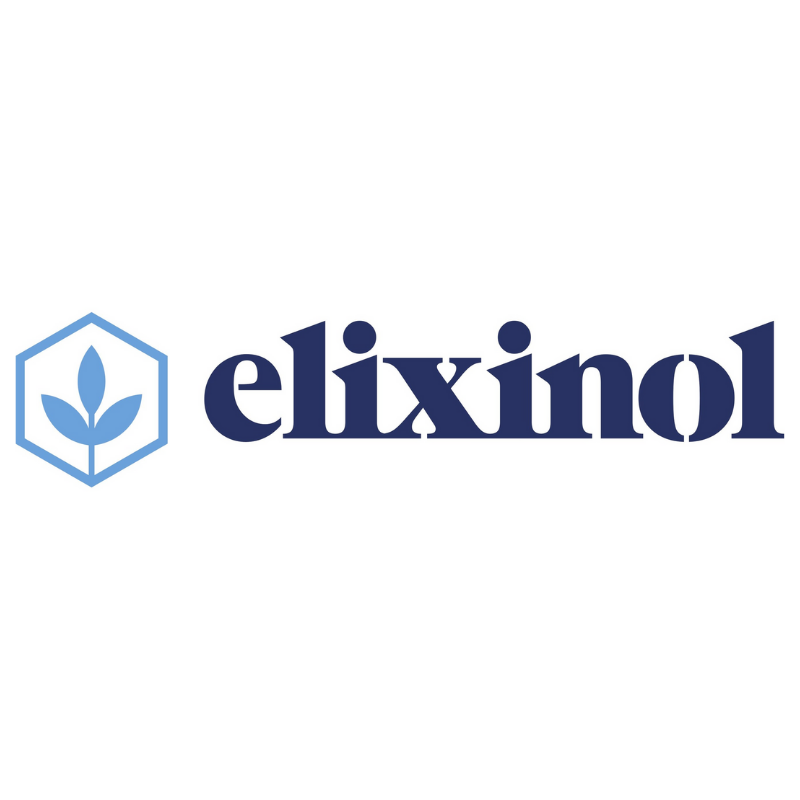
Endoca
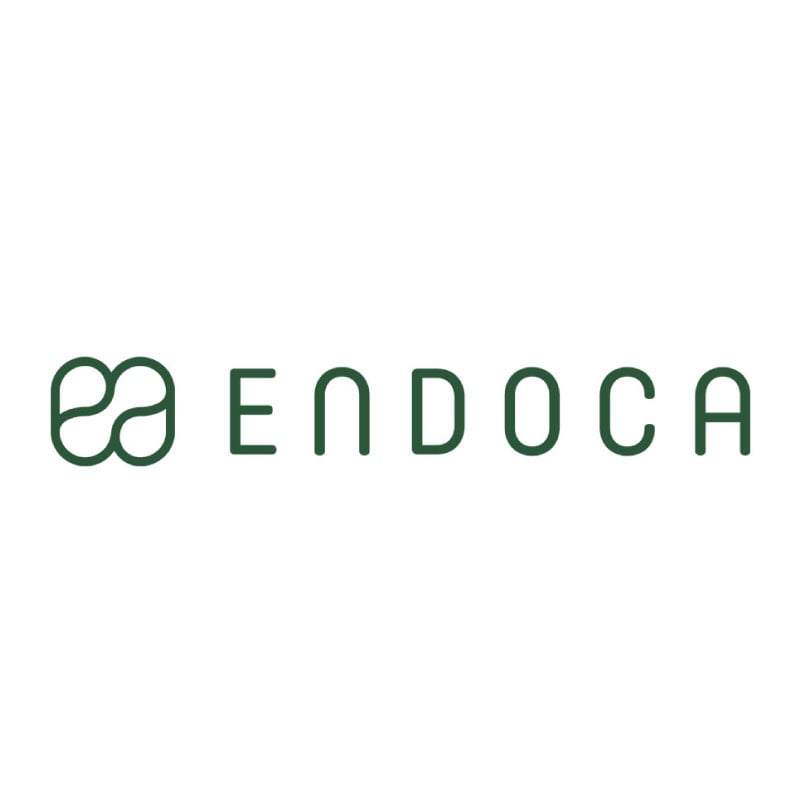
Hemp Bombs

Nature’s Script

Charlotte’s Web

Kat’s Naturals

Final Notes on Importing CBD to Brazil
Brazil is a country that controls industrial hemp strictly as marijuana — it outlaws the plant and its derivatives.
Accessing CBD in Brazil isn’t easy. But if you know the steps to take, you can get your hands on your own bottle of CBD within a few weeks.
If you plan to buy CBD, your only legitimate way is through Anvisa. You will need a medical card, and authorization to import before you can start ordering CBD from overseas online. You should know that the Agency doesn’t always respond positively to patients’ requests for import authorization.
Before you apply for permission, make sure you have ALL the necessary documentation.
Finding a knowledgeable doctor that understands the benefits of CBD for your condition is essential.
After you’re granted a medical cannabis license from Anvisa, conduct your research on CBD brands that ship to Brazil — you’ll want to make sure you’re purchasing high-quality, hemp-derived CBD products.


